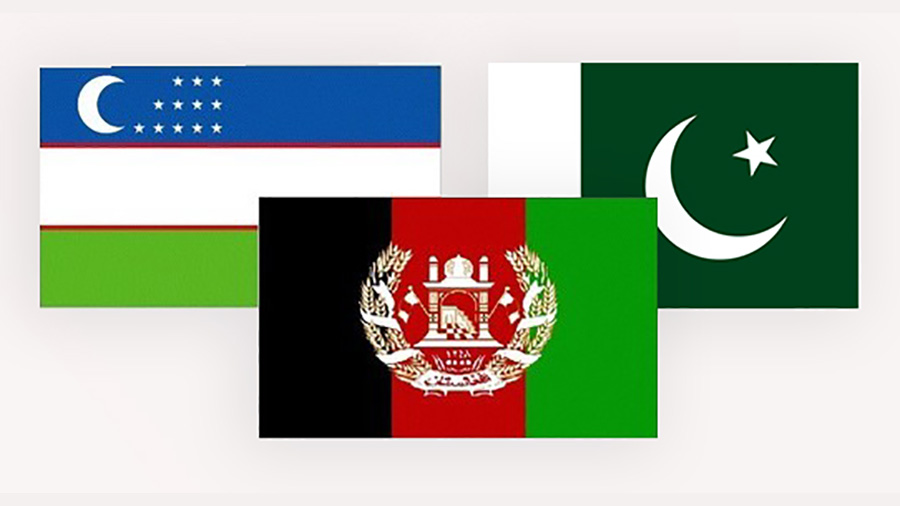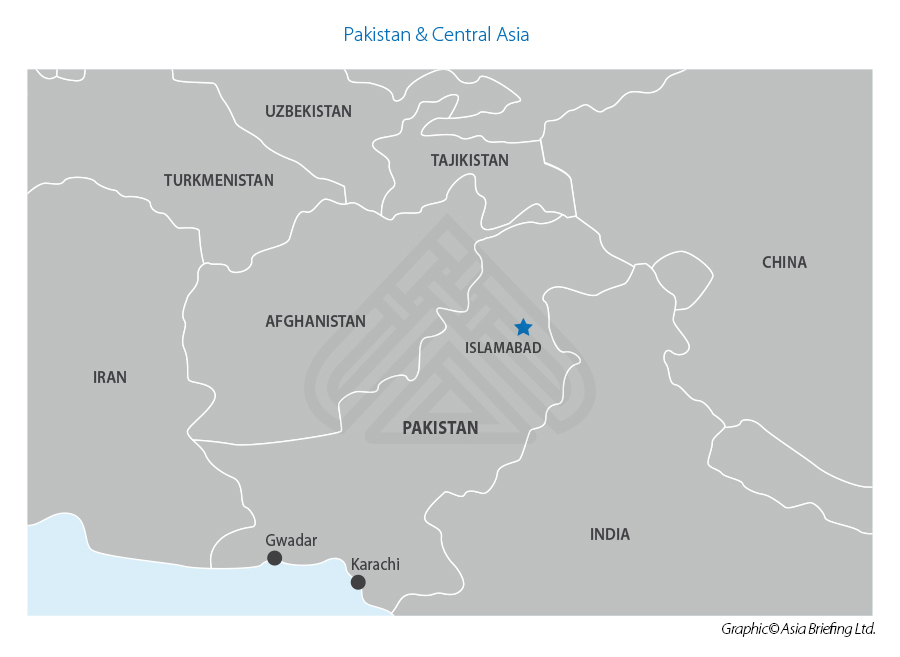Pakistan Looking for Huge Increases in Central Asian Trade

Op/ed by Chris Devonshire-Ellis
- Trade agreements with Afghanistan & Uzbekistan due to be completed
- Plans for Central Asian trade to increase 15-fold
- Islamabad recognizes strategy of uniting Central & South Asia
Pakistan is looking to increase trade with neighboring Afghanistan and other countries in Central Asia, as it looks to diversify commerce beyond the top global players, the nation’s trade adviser has stated.
Abdul Razak Dawood, the commerce adviser to Prime Minister Imran Khan, has stated that Pakistan is looking to finalize a new trade agreement with Kabul in June, and wants to increase trade with Kazakhstan, Kyrgyzstan, Tajikistan, Turkmenistan, and Uzbekistan. Significant increases are planned – over the past decade Pakistan-Central Asian trade has amounted to less than US$1 billion – Dawood suggests an attainable figure should be 15 times higher at US$1.5 billion per annum.
“We’re too restricted to a few countries – North America, the European Union, and China,” said Dawood. “But there is a much bigger world.”
The U.S. withdrawal from Afghanistan promises a return of stability and provides an opportunity to Pakistan to strengthen commerce with its northern neighbor. Islamabad stands to benefit from greater trade with Central Asian markets that are rich in the energy resources needed to feed Pakistan’s ambition to develop its industrial base.

Pakistan is also due to sign a transit and preferential trade agreement with Uzbekistan in July, Dawood said. This comes as Uzbekistan is wanting to develop trade to access the Middle East and South Asian markets via exporting and importing goods through Pakistan’s ports at Karachi and Gwadar, both financed by China as part of the Belt & Road Initiative and part of a rapidly developing process to unite Central and South Asia. Pakistan, Afghanistan, and Uzbekistan have also recently agreed to develop a trans-Afghan railway.
Pakistan’s economy needs to diversify. Of the US$66 billion in annual trade in the year ended June 2020, China accounted for US$11.2 billion and North America US$6.76 billion, according to the State Bank of Pakistan.
Analysts see the new push in the context of Pakistan’s geo-strategic framework, which draws from the economic cooperation proposed by China’s Belt and Road Initiative.
While China has channeled investments toward electricity generation in Pakistan as part of its Belt and Road Initiative, financing has also been focused on gas- and oil-based projects for exploration and distribution in Central Asia. This includes pipelines from Turkmenistan through to China.
Assuming the Afghan peace talks currently being brokered by China and Russia and involving the cooperation of numerous Middle Eastern and Central Asian nations can succeed, then Pakistan has an opportunity to reach its trade potential – one reason, along with the security aspect that China has invested over US$60 billion into the country through the various CPEC projects.
Related Reading
- Gwadar Port Processes First Transit Goods For Afghanistan Markets
- Belt And Road CPEC Projects In Pakistan That Financiers & Investors Should Be Looking At
About Us
Silk Road Briefing is written by Dezan Shira & Associates. The firm has 28 offices throughout Asia, and assists foreign investors into the region. For strategic advisory and business intelligence issues please contact the firm at silkroad@dezshira.com or visit www.dezshira.com





